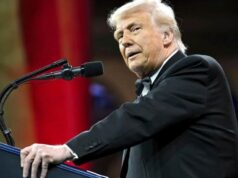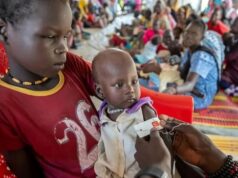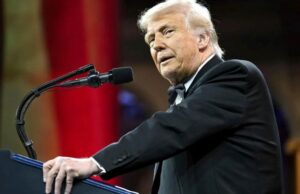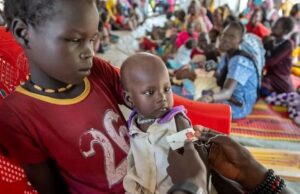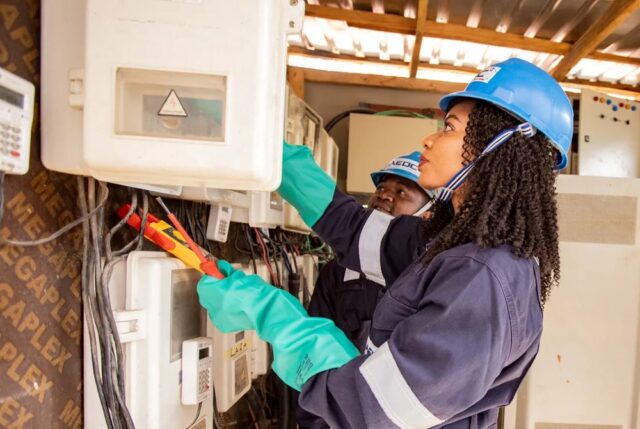
(3 Minutes read)
Nigeria’s Federal Government will acquire a maximum of 3.5 million power meters by the end of 2024 to mop up revenue collection. This was announced by Cabinet Secretary Adebayo Adelabu. Earlier, the federal cabinet resolved to purchase over 10 million meters in the next five years, entailing a cost of US$946 million.
Nigeria’s Federal Government will acquire a maximum of 3.5 million power meters by the end of 2024 to mop up revenue collection. This was announced by Cabinet Secretary Adebayo Adelabu. Earlier, the federal cabinet resolved to purchase over 10 million meters in the next five years, entailing a cost of US$946 million.
Power shortage is a common problem in the West African country. The decision to go for the new meters is in line with the assurance given by President Tinubu. Over 7 million households out of 13 million lacking meters. There were also rampant complaints about the faulty meters. Meters will be sourced both locally and internationally.
Electricity consumption per capita is relatively low in Nigeria in comparison to neighboring countries and reached 120 kWh/hab in 2022 (2.8 times lower than the average for Sub-Saharan Africa). Since 2012, total consumption has increased at an average of 1.7%/year to 168 Mtoe in 2022. Libya accounts for the maximum per capita consumption of electricity at 3.793 MWh/per capita, followed by South Africa (3.793 MWh/per capita) as against an average of 0.636 MWh/per capita for the whole of Africa.
Read Also;
https://trendsnafrica.com/labour-unions-in-nigeria-strikes-work-demand-hike-in-salaries/
Despite having a generating capacity of 22,000 megawatts, Nigeria’s power generation peaked at 4,594.6MW only as of November 2022. The electricity generated is considerably low considering the country’s population of over 200 million people. According to an estimate, Nigeria needs an investment of over USD 100 billion to ensure 100 percent access to all households.



